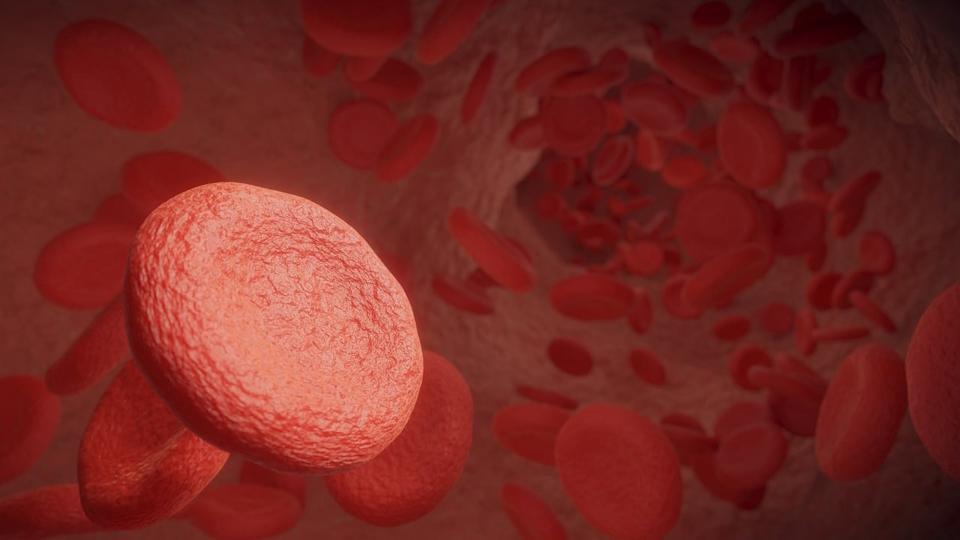FDA reviewer pokes holes in Geron’s MDS drug data

Geron could have a tougher time than it anticipated at tomorrow’s FDA advisory committee meeting for myelodysplastic syndromes (MDS) drug candidate imetelstat.
A briefing document (PDF) published by the FDA reviewer ahead of the adcomm has questioned the efficacy seen with the telomerase inhibitor, suggesting that the data doesn’t point to a disease-modifying treatment effect, may not be clinically meaningful, and may be outweighed by side effects.
Geron filed imetelstat with the FDA last August as a treatment for transfusion-dependent anaemia in lower-risk MDS patients and is waiting for the outcome of the agency’s review, expected in mid-June.
If approved, it would compete with Bristol-Myers Squibb’s erythroid maturation agent Reblozyl (luspatercept), which was cleared to treat anaemia in adults with low-risk, relapsed MDS in 2020 and as a first-line therapy last year.
The filing is based mainly on results from the phase 3 IMerge trial – also known as Study MDS3001 - which showed that around 40% of patients given imetelstat were able to become free of red blood cell transfusions at eight weeks, compared to 15% of a placebo group.
Imetelstat also improved transfusion independence at 24 weeks, reduced the number of transfusions patients needed, and raised haemoglobin levels, according to the data.
In the document, the FDA reviewers write that it is not clear whether the “magnitude and durability” of imetelstat’s effect on transfusions outweighs the risk of treatment in lower-risk MDS patients.
They add that other measures – including complete and partial remissions, overall survival, and patient-reported outcomes (PRO) on fatigue and other anaemia-related symptoms – do not support a treatment effect.
The document also points to a high risk of neutropenia and thrombocytopenia with the drug, making them more likely to need myeloid growth factors or platelet transfusions and introducing “uncertainties” about the impact of the drug overall on medical resources.
Shares in Geron fell sharply after the document was published on the FDA’s website. The Foster City, California-based biotech has been operating for more than 30 years, but has yet to bring a product to market. It is highly focused on imetelstat, which is trying to become the first drug in the telomerase inhibitor class to reach the market.
Imetelstat is under review in Europe for the same indication, as well, with a decision due in early 2025.
Geron is also running the IMpactMF phase 3 trial of imetelstat in relapsed/refractory myelofibrosis (MF), with results due next year, and the IMproveMF of the drug in combination with ruxolitinib in frontline MF. The company has previously said it thinks imetelstat could bring in $1.2 billion in peak sales.
Approximately 30,000 patients are diagnosed with MDS each year in the US, with 70% or more classified as having lower-risk disease. Among these, around two-thirds are thought to be at risk of needing blood transfusions.
Image by Daniel Roberts from Pixabay












